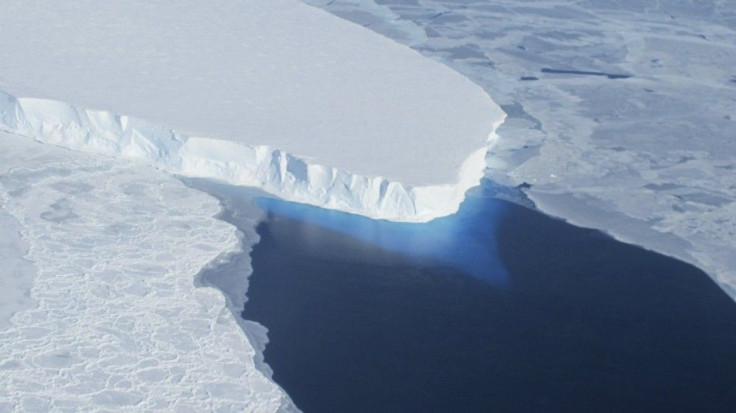New Zealand's Largest Glaciers Record Severe Ice Loss Due to Global Warming

Global warming has led to the "dramatic" loss of ice on New Zealand's Southern Alps. According to a new study, the mountain range has lost 34 per cent of its permanent ice and snow since 1977.
The new research has found that New Zealand is slowly losing its glaciers and could lead to severe decline in the coming years. The country's National Institute of Water and Atmospheric Research (NIWA) conducted and studied aerial surveys before arriving at this conclusion.
Researchers from the University of Auckland and the University of Otago said the dramatic ice loss has accelerated in the last 15 years. Experts said glaciers can change shape and size based on various conditions such as wind, rain and temperature. They are made up of ice that accumulates above the permanent snowline.
Based on NIWA data, scientists have discovered that the glaciers in New Zealand went through three "growth spurts" in the 1970s and 1980s. The growth of ice was brought by the changes in the climate system of the Pacific that generated more winds. Since wind circulation has returned to its previous condition, the warming temperatures have caused glaciers to melt and decline dramatically.
The study said New Zealand's largest glaciers have recorded about 40 per cent of ice loss including the Maud, Murchison and the Tasman. According to researchers, the glaciers composed of ice, snow and rock normally take years to respond to changes in temperature but global warming has rapidly caused their decline.
In a report by the Guardian, NIWA glaciologist Trevor Chinn said New Zealand is losing the bottom half of its glaciers as they melt into the lakes. He added scientists can no longer access the top glaciers or walk around on top of them since gravel cliffs have formed.
Due to the ice loss, tourist trips have been affected since people will have to walk a great distance to see something of interest. Chinn noted that tourists now take tours to see the "floating icebergs."
Chinn believes the rising temperatures will more likely cause the glaciers to sink even further. He has been recording the changes to the Southern Alps glaciers that stretch on New Zealand's South Island.
Reports said New Zealand's glacier collapse is only part of a global trend because of climate change. Scientists have been recording the rapid ice loss on colder parts of the world. The melting glaciers and ice sheets contribute to the rapid rise of sea levels.






